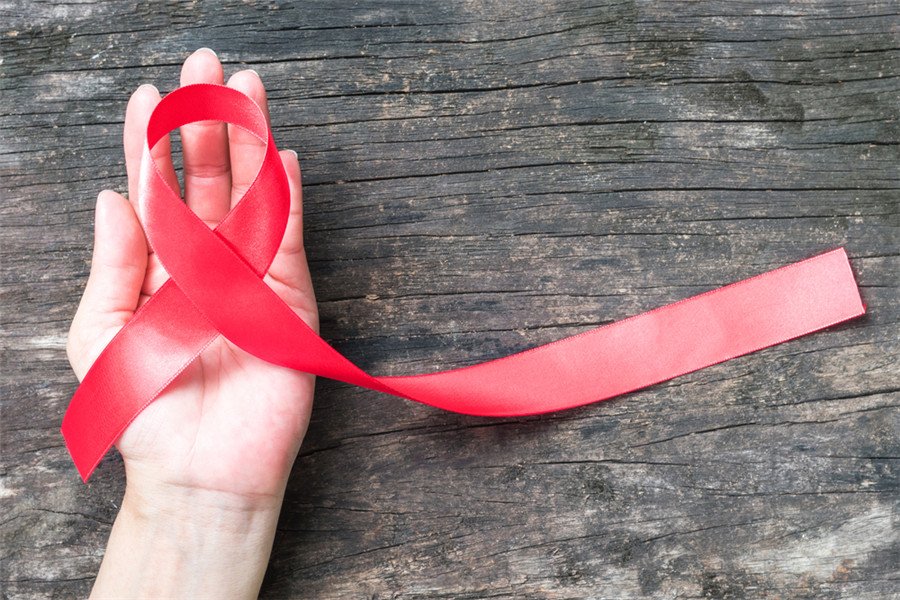
What should I do?
The simplest and most correct answer is to [find a doctor].
In medicine, except for a few diseases such as [colds] that will heal themselves over a period of time, Most diseases will gradually progress if they are not treated in time, and so will AIDS. AIDS itself cannot kill the dead, but after the virus infects the human body, it will slowly destroy the human immune system (2-10 years), and finally the human body will lose immunity. A body without immunity is like a country without an army. It is easy for enemies (other germs and tumors) to defeat this country.
Where to?
Suspected HIV infection must be checked at the local CDC or hospital as soon as possible. CDC at or above the county level provides free HIV testing.
HIV testing is divided into two steps, Initial screening and diagnosis. Initial screening has a certain chance of misdiagnosis, So positive blood samples will be sent to a more advanced laboratory for diagnostic tests. Only when the confirmed test is also positive can you be confirmed to be infected with HIV. The diagnosis result will usually be notified to you by the disease control staff or the hospital doctor. Whether HIV infection is detected through what channels, The most important thing is to seek help from a doctor immediately. You need to go to infectious disease hospitals or infectious disease specialist clinics in general hospitals to find HIV specialists.
When seeing a doctor for the first time, the doctor will arrange some tests to understand your overall health (including blood routine, blood biochemistry, viral load, CD4 cell count, etc.), At the same time, it will also focus on checking whether you have other diseases (tuberculosis, syphilis, hepatitis, etc.) at the same time. If a woman has to consider whether she is pregnant or not, the test results will usually come out within a week. Based on these test results, the doctor will advise you to treat other diseases first or consider starting HIV antiviral treatment. If you are pregnant, you will also discuss the issues related to mother-to-child interruption.
How?
Antiviral therapy is the only effective treatment to delay the progress of AIDS.
However, HIV infection does not mean that all patients need to start treatment immediately. Antiviral treatment must last for a lifetime once it starts. Treatment requires patients to take medicine regularly and at designated points every day. Adverse reactions, large or small, may occur during the treatment process. Therefore, it is very important to make preparations before taking medicine.
HIV antiviral treatment is free in our country, If you make a decision to take the medicine, You need to bring all your certificates and examination reports to the local CDC to apply for medicine. CDC staff will give you medicine according to the doctor’s prescription or arrange local community doctors to give you medicine. Some areas can also get drugs directly from the hospital. From the diagnosis of infection to the start of regular treatment, it takes one to two weeks to complete with high efficiency.
After the diagnosis, Like chronic diseases such as diabetes and hypertension, You need to go back to the hospital regularly for reexamination. The CDC will also organize a unified free examination, but the items and times may not be enough. What you need to do is regular physical examination, and timely communicate with doctors about the results of physical examination, to help doctors evaluate your therapeutic effect, whether serious adverse reactions have occurred, and to decide whether the treatment plan needs to be adjusted according to the examination results.
Face [AI] bravely
The above is roughly what a person will encounter after finding out AIDS. However, in addition to the medical behavior itself, In the long process of [symbiosis with AI], There are still many problems that need to be solved step by step by people living with HIV. How to ease the anxiety and panic caused by diagnosis, How to protect one’s privacy, how to establish a good interactive relationship with doctors, how to find suitable self-education resources, and how to help one establish an optimistic and upward life mentality are not easier than HIV treatment, nor are there unified answers.
But one thing is certain, When you find a problem, don’t carry it alone. HIV is not a problem for you alone. You can organize the problem clearly. You can provide some help by looking for doctors, disease control staff, various social organizations, and even [forums] [microblogs] [QQ groups] [health app]. Finding out HIV is never [the end of the world]. Never [give up yourself and give up treatment].
Author: Cheyenne
